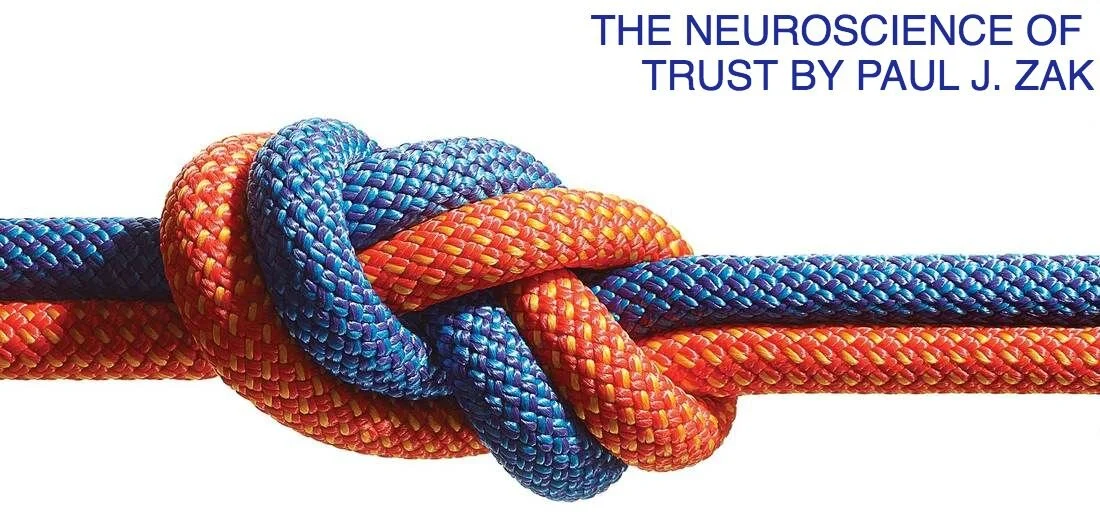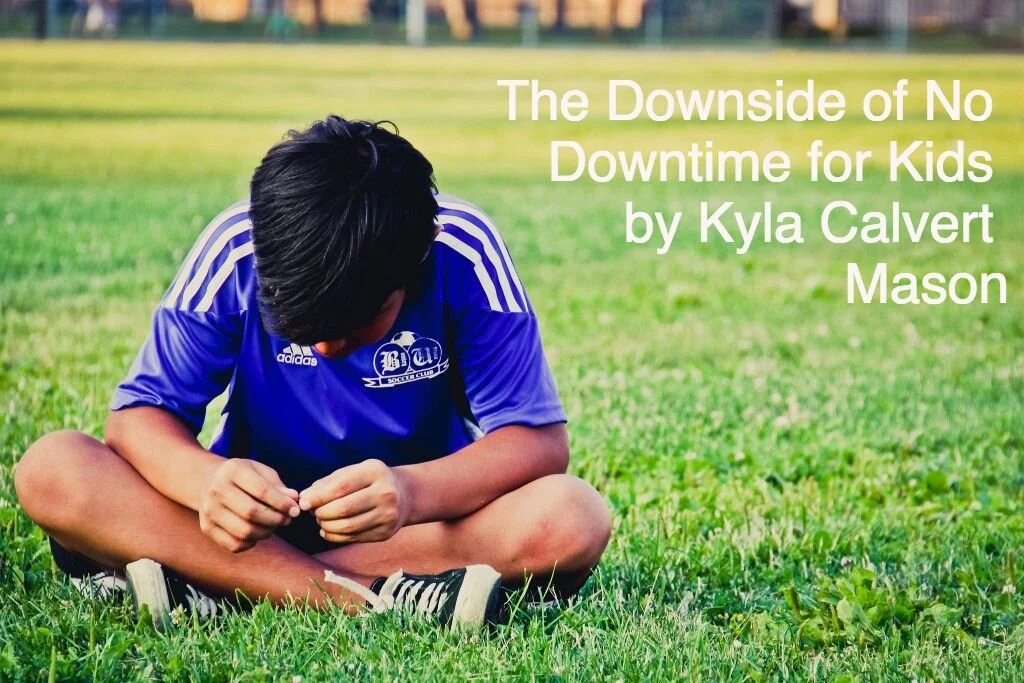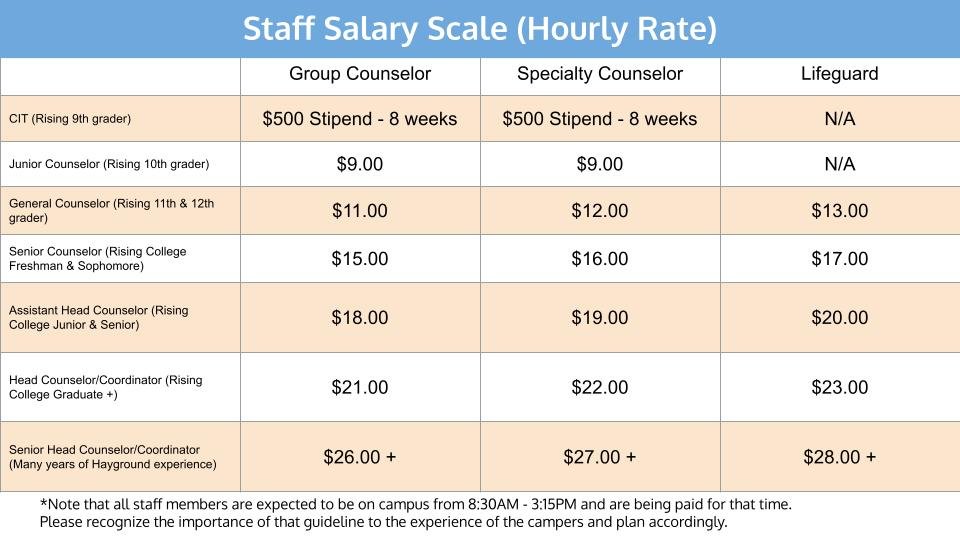THE PEOPLE YOU NEED TO KNOW
In general, all questions and concerns should be directed to your immediate Head Counselors. They are most directly involved and most aware of the situation you are dealing with. However, you are always welcome to talk to the Directors about anything. Doug Weitz is our Director. He has also been here since the beginning and has a wealth of knowledge about Hayground and thinks deeply about our community and culture. Daniella Charlton is the Director of Admissions and Community. She specializes in parent communication. Janella Walker works in the office and is a great resource for all things payroll related. Jody Davis-Mitrea is our Camp Nurse. She specializes in all medical issues: allergies, injuries, sunburn, tick bites. Gabe Butler and Barbara Balsam are our Assistant Directors. They are deeply experienced counselors who have risen to leadership based on their work ethic and ability to inspire people. Their job is to support staff. Talk to whoever makes you comfortable.
WHO CAN I TALK TO ABOUT $$$?
Salary has become quite standardized at Hayground. And the salary scale is completely transparent. It’s posted below. However, if there is a question or concern, a Head Counselor can answer most questions and give advice. If a Head counselor suggests, speak to a Director. It is NOT a good idea to talk to your colleagues about your salary. Your salary is your business. Ask yourself how you will feel if it turns out that someone is making more than you. Or less! Neither scenario tends to lead to positive feelings. But note that our salary scale is based on your level so, to a certain extent, the mystery is removed. If you are a General Counselor in a group, every other General Counselor in a group anywhere in camp is making the same amount as you are. There is a slight difference when it comes to Group Counselors versus Specialty Counselors and Lifeguards. See below for more on that. And there are ways to supplement your income by getting CPR/First Aid or Lifeguard certified or by driving the vans.
WHO CAN I TALK TO ABOUT CHANGING MY JOB?
Changing your position should first be discussed with your Head Counselor, and is an excellent topic to bring up in private. If a Head Counselor suggests, speak to a Director. Typically, we do not shift people in the middle of a summer season. However, we want to find a place where you are happy and feel valued and where we are getting the most out of your unique talents. We see this as a long-term relationship. It is perfectly reasonable to take a year or two to find the perfect fit. And it is perfectly reasonable to need to reinvent yourself once every few years. We are open to both scenarios.
WHEN YOU GET PAID AND WHY WE DO IT THIS WAY
Paychecks are distributed on Fridays beginning Week 2. On the Friday of Week 2 you will be paid for the work you did during Week 1. On the Friday of Week 3, you will be paid for the work you did on Week 2. And so on until the end of the summer when you will receive two checks on the last day of camp for your work during Weeks 7 and 8. Your contract is a salary based on all eight weeks of camp plus three orientation days for Head Counselors and two orientation days for everyone else. If you do not work any of those days, Hayground reserves the right to not pay for work that was not done.
TAXES
Many staff members have not worked elsewhere before this job and do not realize that their income will be taxed. Hayground is not taking that money out of your paycheck. The federal and state governments are. That is part of what it means to be a part of society. But it can be a little frustrating when you look at your paycheck. Depending on how you fill out your paperwork, you may get more or less taken out of your check each week. A rule of thumb is to assume you will pay 30% in taxes. That means if you have earned $315 for a week's work, your check will be for $220.50. Be prepared for this so that you are not traumatized at the end of the week. Also note that very often you will get some or all of it back at the end of the year when you file your taxes. That's something to discuss with your parents.
SALARY SCALE
This is the first time we have ever made public our salary scale. Keep in mind that salaries vary based on years of experience in or out of Hayground and performance at Hayground. This is discussed in further detail below.
You will see three hourly rates below. The first is for Group Counselors. The second is for Specialty Counselors. The third is for Lifeguards. There is a slight disparity between the first two to account for the fact that Group Counselors tend to do much better when it comes to tips. Please note that we are building in compensation for an 8:30AM start time and 3:15 end time. This is new for us. We have always paid people from 9:00 but expected them to get in earlier. Now, we are paying everyone from 8:30 because we believe that having the entire staff on campus before the first camper arrives means something. It sets the stage for preparedness and establishing a foundation to welcome the campers as they arrive. Please understand that this means that you are in your home base by 8:30, not pulling into the driveway or around the corner. You are parked and in your space setting up or planning the day or just getting yourself mentally ready for the day to come. If you are late one day, it is not going to be the end of the world. If it becomes the norm, it will be reflected in both your compensation and in your evaluation. Once is a point. Twice is a pattern. Three times is a problem.









